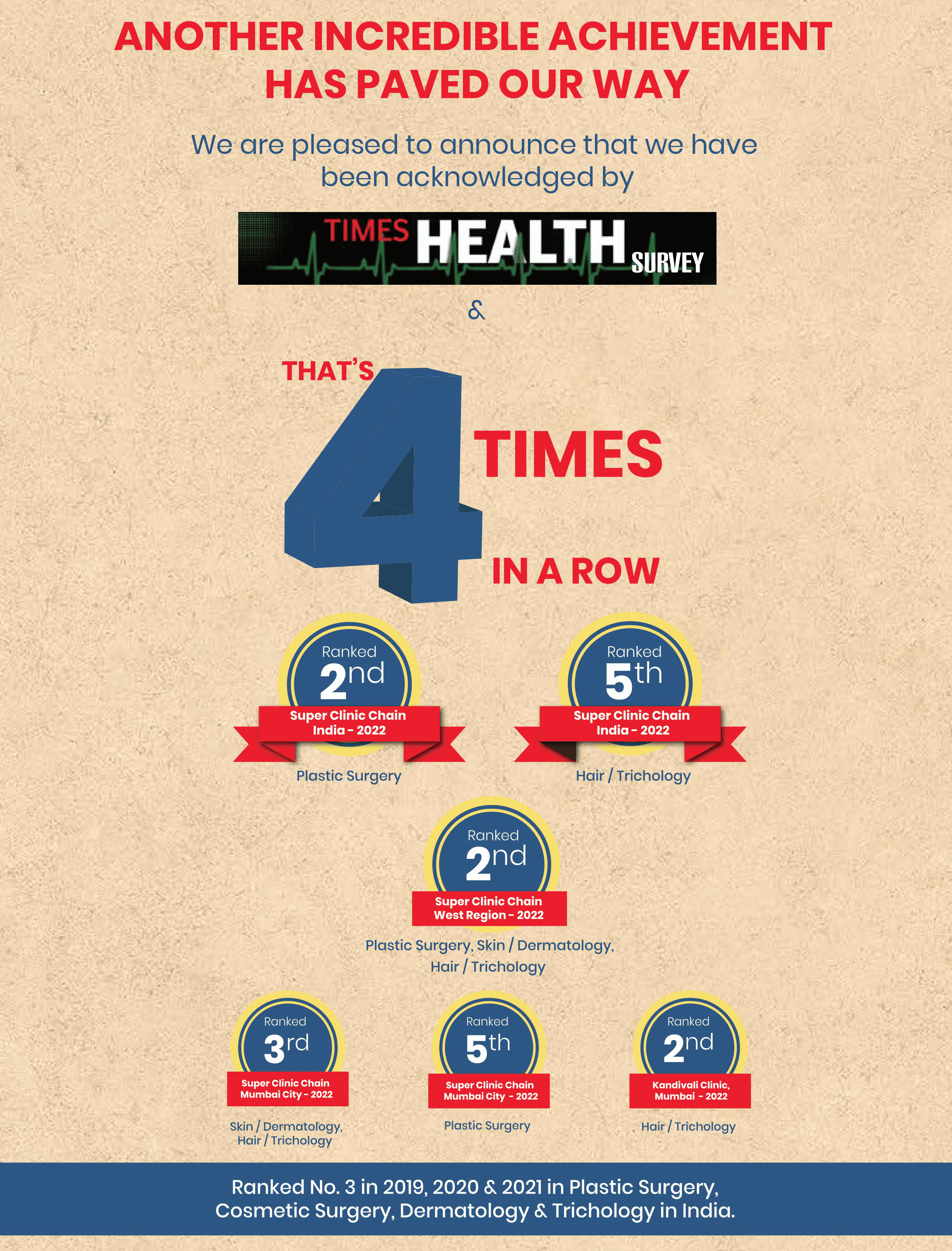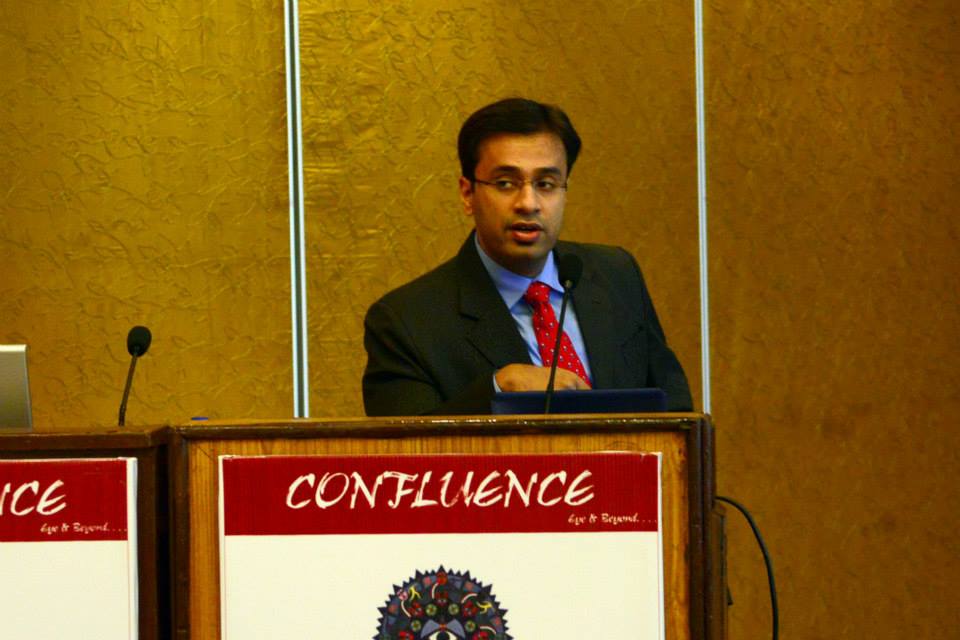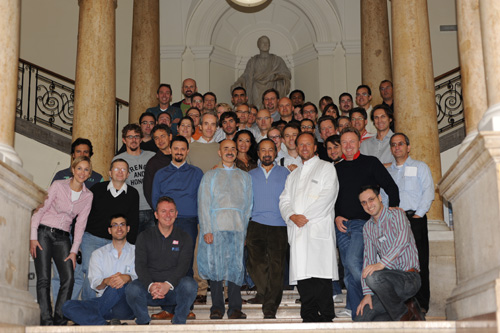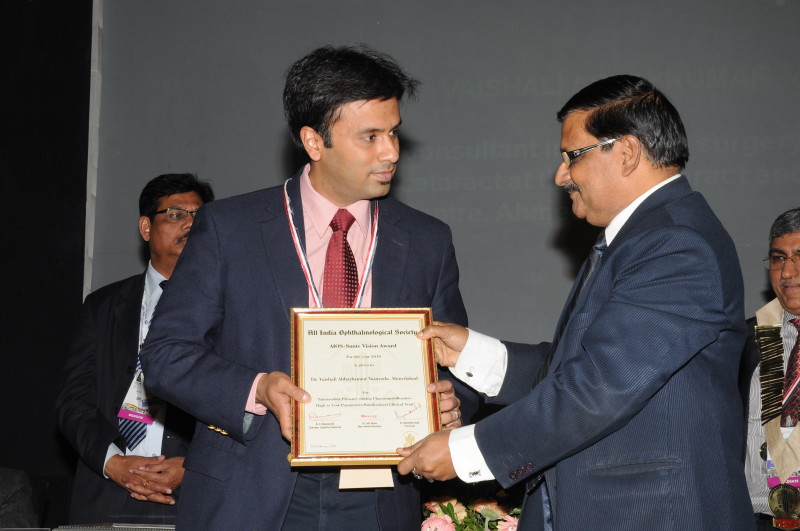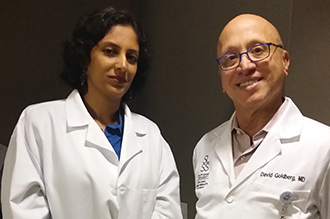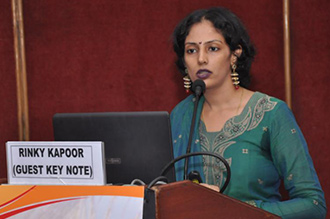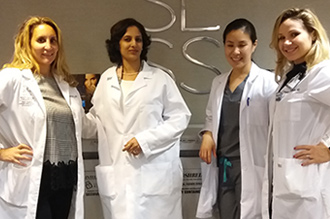Hindustan Times, Saturday 05/09/2009, MUMBAI
A first in the world, it is a modified version of the existing drug used to treat many types of cancer. Human trials are awaited, but if successful it will dramatically increase chances of cancer patients’ survival.
by, Neha Bhayana
A GROUP of Indian researchers has modified an existing cancer drug in a way that is likely to make it several times more potent.
The team has developed a “nano” version of carboplatin, a drug used to treat many cancers through chemotherapy.
Essentially, the innovation lay in the way the researchers manipulated the drug molecule to make it smaller render ender it more effective. The team has applied for patents in India and in the US for the innovation and its application.
During trials on rats, the researchers found that 75 per cent of the modified drug reached the cancerous cells, as opposed to just 5 per cent for the normal drug.
“This is a very good development,” said C.H. Mohan Rao, head of the Hyderabad based Centre for Cellular and Molecular Biology. “If this nano version works in humans, it will dramatically decrease toxicity and increase the chances of cancer patients’ survival.”
The research is being published in the next edition of the US medical journal
Investigative Ophthalmology and Visual Sciences .
The research team claims that this is the first “nano” version of carboplatin in the world and also the first time a completely Indian team has developed such a version of a cancer drug.
Indian scientists were involved in developing a “nano” form of another cancer drug, paclitaxel, but they did it in collaboration with scientists abroad, Rao said.
But this drug has not lived up to the initial expectations. “We have been using nano particles of paclitaxel for breast cancer treatment for two to three years. It has improved the outcome only by five to seven per cent, which is not good enough,” said Dr S.D. Banavali, head of medical oncology at Mumbai’s Tata Memorial Hospital, who was also involved in the research.
The research team, headed by eye cancer expert Dr Debraj
Shome of Apollo Hospital in Hyderabad, has tested carboplatin for retinoblastoma in rats, but they will start human trials soon and also test it for brain and kidney tumours.
Retinoblastoma is a rapidly developing cancer which develops in the cells of the retina, the light sensitive cells of the eye. Retinoblastoma is a very treatable cancer.
The nano carboplatin particles, which are one-billionth the size of a pinhead, have smaller molecules. So they are more potent even in smaller doses, explained Dr Jayesh Bellare, who was part of the research team along with other colleagues from the Indian Institute of Technology, Bombay.
Researchers took commercially available carboplatin and used nano technology the manipulation of materials at a microscopic level — to break it down.
“We added certain agents to the molecules due to which 10 to 100 molecules stuck together and formed nano particles,” Bellare said.
Dr Shome said they injected the nano carboplatin around one eye of two dozen rats and normal carboplatin around the other eye. “We found that 75 per cent more of the drug reached the eye near which we had injected the nano version,” said Dr Debraj Shome. “The trial proves that reducing the size of the drug increased its delivery to the affected area.”
Every year, retinoblastoma affects 1,200 Indian children under the age of three.
Carboplatin is usually injected in the child’s bloodstream or near the eye. But less than five per cent gets carried to the eye and it causes damage all over the body.
In majority of the cases, doctors have to remove the patients’ affected eye and some children even die as the cancer spreads rapidly.
Dr. S. D. Banavali said with nano carboplatin, doctors might be able to save the eyes of a greater number of children. But he added that they would have to wait and see how effective the nano form of carboplatin is in humans.
CURE-ALL FORMULA
 Indian docs develop ‘nano’ cancer drug.pdf
Indian docs develop ‘nano’ cancer drug.pdf


Dr. Debraj Shome is Director and Co founder of The Esthetic Clinics. He has been rated amongst the top surgeons in India by multiple agencies. The Esthetic Clinics patients include many international and national celebrities who prefer to opt for facial cosmetic surgery and facial plastic surgery in Mumbai because The Esthetic Clinics has its headquarters there.
